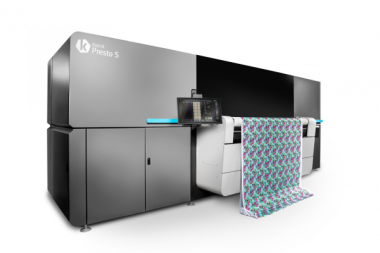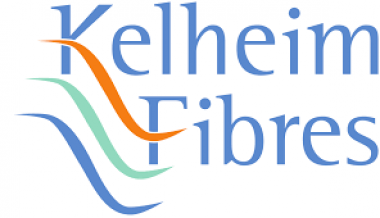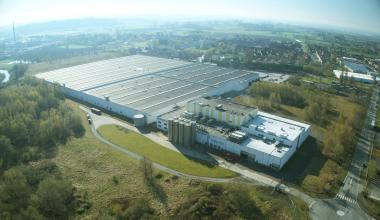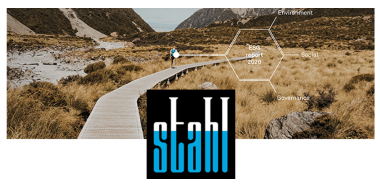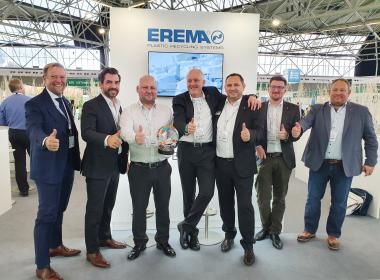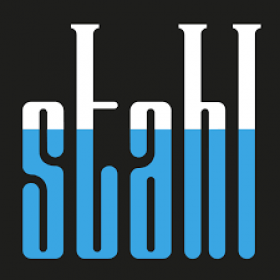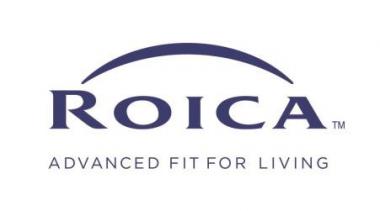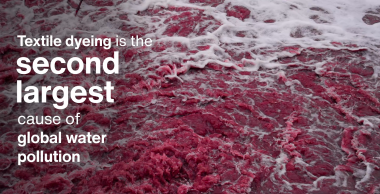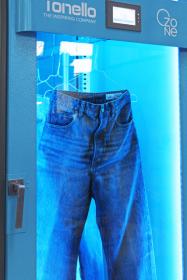Blur uses Kornit Digital for Scalability, Operational Versatility, 24-Hour Production
Kornit Digital Ltd. announced that Portuguese textile specialist Blur has installed the Kornit Presto S with Softener solution for sustainable, single-step direct-to-fabric production of multiple fabrics in any quantity. The print services provider, which supports the production needs of high fashion brands has previously installed multiple Kornit Atlas and Avalanche systems for industrial-scale digital direct-to-garment (DTG) production on demand.
Using Kornit’s efficient, eco-conscious, proprietary technology and consumables, Blur provides rapid fulfillment of orders ranging from a single piece to mass production, with an average order of about 500 items. Since implementing the Kornit Presto S, the system has been in operation day and night, producing samples during normal business hours and fulfilling diverse incoming orders overnight.
Mariano Dias, CEO at Blur, believes Kornit technology empowers his business to adapt quickly to the constantly evolving needs of his clients, which include both larger established brands seeking large quantities and ambitious designers seeking to build a brand with limited risk or investment. In many cases, they are fulfilling different types of designs for clients serving both Europe and North American markets.
“The quality is just outstanding, and some clients only want to print with Kornit technology”, said Dias. “We are extremely happy with Kornit’s collaboration, and our printers are working perfectly around the clock. Any textile printing company looking to move into fashion and work with famous brands will need both roll-to-roll and DTG capabilities. Our recommendation for success is to buy the Kornit Atlas and Kornit Presto printers.”
He added that Blur’s success with its current Kornit systems, as well as increased demand for sustainably-produced textiles, has the business considering the addition of a second Kornit Presto S to accommodate additional volumes.
“As with many of our customers, Blur was built around more traditional textile operations—in their case embroidery—before discovering the vast potential for growth and versatility offered by quick, efficient, digital production on demand,” said Chris Govier, Kornit Digital Europe, Middle East, and Africa President. “Whether you’re serving an internationally-known fashion house looking for more agile fulfillment and simpler supply chains, or the independent creator hoping to bring unique inspirations to life, Kornit’s product portfolio offers continuous opportunities to answer market needs, create new markets, and scale upwards under any conditions.”
Kornit / pr4u


